
I guess anyone reading this would be aware that Captain Beefheart died Friday.
Interesting, actually, that I wrote the sentence above the way I did. I didn't write "Don van Vliet," I wrote "Captain Beefheart," though the man hadn't used the Beefheart moniker in almost 30 years. If you think about it, the man who died Friday was famous as a painter. "Captain Beefheart" stopped making music in 1982, and in a very real sense, ceased to exist around that time.

Although I can't claim to be a fan of Captain Beefheart's music, though I can't discuss his notoriously difficult work with any sense of familiarity at all, that decision he made in or around 1982--to stop making music and go do something else--has always fascinated me.
Plenty of artists stop making music because the marketplace stops caring. A significant-enough group of others stop making music because they got themselves killed. But how many stop simply because they decided to?
Not many, that's for sure. Beefheart comes to mind, and--even more intriguingly--so does Tom Lehrer.
It may seem a little incongruous to speak of Lehrer--who very famously mocked folk music and was bitterly disdainful of rock and roll--on a blog called
La Historia de la Musica Rock. Yet, I've been a fan of Lehrer's music for as long as I've been a fan of anyone's music. The memories I have of hanging out late-night with my old man in his den, when he would play me tracks from Lehrer's records, and explain the references when necessary are foundations for me--most of what I am and most of who I am has been set on top of them.
And hell, if we can forgive Elvis Costello his racist remarks, or forgive for that matter Captain Beefheart treating his talented sidemen like dogs, then I can surely forgive Lehrer for the mistake he made of characterizing rock music as "children's records." So let's treat with the dude for a little before coming back to his Captain Beefheart moment.
Lehrer can be a little tough to decipher these days, and I don't mean because he rhymed "Helen Gahagan" and "Ronald Reagan," in such a way that made it clear he and his audience understood Reagan to be the lesser-known of the two. It's not his references that have dated. We have Wikipedia for those who want to know more about George Murphy or Hubert Humphrey. What actually makes it tough is his musical context: pre-rock and roll, yes, but also absolutely unconnected to jazz or the blues.

It's a lot easier to savvy Robert Johnson from the '30's, or Charlie Parker from the '40's, than to dig Lehrer from the '50's, because the idioms Johnson and Parker worked in came to dominate popular music even as Lehrer's beloved show tunes withered away in the popular consciousness.
About a month and a half ago, a writer at NJ.com
wrote an excellent piece on Lehrer. It's much better than anything I could have written (or am writing now); straightforward, well-researched and direct in the point it wishes to make about Lehrer.
Nevertheless, this otherwise well-written piece makes two mistakes about Lehrer that I found somewhat humorous. First one was the writer's expressed belief that of all the barbs that Lehrer had in his pocket, the longest and sharpest one was for the form he worked in, that he was purposely trying to deflate pop convention.
And he wasn't. Lehrer
loved his show tunes. He has made them the secondary study of his long life. These days, we've all come to assume that through its unique charms, rock 'n' roll long ago cornered the market on urgency and venom. Which may even be true, but Lehrer tells us it's a mistake to believe that no other form might have been capable of saying the same things. And if Lehrer might have been something of an Angry Young Man, keep in mind that he was a young man
from Harvard: to Lehrer, the sophistication that someone like Irving Berlin brought to a pop song was an essential quality. Lehrer didn't want to disembowel the Tin Pan Alley showtune; he just wanted to use it in his act.
OK, I'll admit it: the second mistake the article made is funnier. Because Lehrer, always always clever, used hanging rhyme and internal rhyme and slant rhyme, the writer compares him to modern-day MCs, and actually says Lehrer was "an arrogant nerd rapper with a taste for shock tactics."

Now that IS funny. Clearly it is difficult these days to understand Lehrer's context, because it has all gone away. The joke of course at which I laugh is that you do not need to invoke music which would have assuredly filled Lehrer with horror to reference his tools.
The show tunes and popular songs that Lehrer loved, the lyrics to them written by Lorenz Hart, or Cole Porter, or Oscar Hammerstein, were, as a matter of course, full of the same creative rhymeplay that Lehrer used. It was to them, quite simply, that Lehrer looked. He was no proto-rapper, and he felt none of the contempt he had for rock 'n' roll when he looked at the music that had been popular before it.
Not that I'm saying I'm some kind of savant on the subject, while the talented writer over at NJ.com is some kind of schmuck. I have no great expertise in Tin Pan Alley. I'm sure I miss plenty of Lehrer's callbacks to the form that he loved.
All I'm saying is that as funny as Lehrer remains, he's tough for any of us below the age of sixty to truly comprehend.

There's an urban legend that my father used to repeat to me about Lehrer, and why he quit playing music sometime after the release of
That Was the Year That Was. Lehrer, it was said, gave up political satire after Henry Kissinger won the Nobel Peace prize in 1973.
Even as a ten-year old, even as I heard it from my father's lips, the tale made no sense. Here Lehrer wrote songs like "So Long Mom I'm Off to Drop the Bomb," riffing about "the agonizing holocaust," but
Henry Kissinger was the last straw?
Not likely, I don't think.
The fact is--and here we're getting back to the Captain--Lehrer's decision to stop writing and playing the songs he was preternaturally gifted at creating remains mystifying to me.
Beefheart always said he was able to make more money painting, and even given that, his choice remains strange to me. But Lehrer's choice is unfathomable. Sure, he's a mathematics professor, and teaches the musical theatre he loves, to boot. He hasn't gone starving.
But how can you turn your back on something you're so good at, if critical and popular appreciation were not the issues? There may not be another musician of sizable audience anytime, anywhere, who has made such a cryptic decision, to staunch their muse.
Actually, the best comparisons might not be in the field of music, at all, but in sport. Lehrer not playing music is like Koufax not pitching.
Which brings up a question of its own: Might it have been some kind of pain which led Lehrer to walk away?
File under: Good Old American Know-how
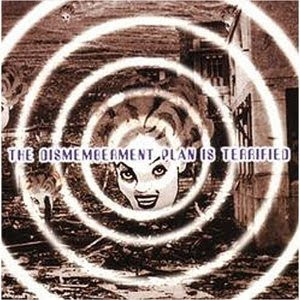 That this bittersweet celebration song from the same guys who brought us the powerful and poignant "Time Bomb" is, along with The Standells' "Dirty Water," one of the best songs about the city of Boston is certainly true, but also something you might guess at from its title.
That this bittersweet celebration song from the same guys who brought us the powerful and poignant "Time Bomb" is, along with The Standells' "Dirty Water," one of the best songs about the city of Boston is certainly true, but also something you might guess at from its title. But no matter: when he pops that third bottle of cheap champagne open, pours its chill froth all over his naked self, lets it drip through his scalp and through his chest hair, then stares down through his kitchen picture window onto the scads of drunken Bostonians gathered below, well, it's an all-time classic image.
But no matter: when he pops that third bottle of cheap champagne open, pours its chill froth all over his naked self, lets it drip through his scalp and through his chest hair, then stares down through his kitchen picture window onto the scads of drunken Bostonians gathered below, well, it's an all-time classic image.
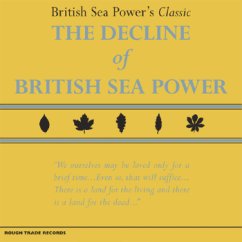
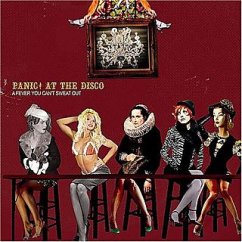







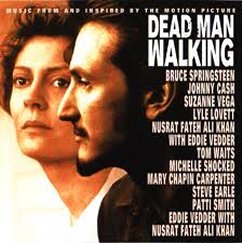

 Although I can't claim to be a fan of Captain Beefheart's music, though I can't discuss his notoriously difficult work with any sense of familiarity at all, that decision he made in or around 1982--to stop making music and go do something else--has always fascinated me.
Although I can't claim to be a fan of Captain Beefheart's music, though I can't discuss his notoriously difficult work with any sense of familiarity at all, that decision he made in or around 1982--to stop making music and go do something else--has always fascinated me. It's a lot easier to savvy Robert Johnson from the '30's, or Charlie Parker from the '40's, than to dig Lehrer from the '50's, because the idioms Johnson and Parker worked in came to dominate popular music even as Lehrer's beloved show tunes withered away in the popular consciousness.
It's a lot easier to savvy Robert Johnson from the '30's, or Charlie Parker from the '40's, than to dig Lehrer from the '50's, because the idioms Johnson and Parker worked in came to dominate popular music even as Lehrer's beloved show tunes withered away in the popular consciousness. Now that IS funny. Clearly it is difficult these days to understand Lehrer's context, because it has all gone away. The joke of course at which I laugh is that you do not need to invoke music which would have assuredly filled Lehrer with horror to reference his tools.
Now that IS funny. Clearly it is difficult these days to understand Lehrer's context, because it has all gone away. The joke of course at which I laugh is that you do not need to invoke music which would have assuredly filled Lehrer with horror to reference his tools.  There's an urban legend that my father used to repeat to me about Lehrer, and why he quit playing music sometime after the release of That Was the Year That Was. Lehrer, it was said, gave up political satire after Henry Kissinger won the Nobel Peace prize in 1973.
There's an urban legend that my father used to repeat to me about Lehrer, and why he quit playing music sometime after the release of That Was the Year That Was. Lehrer, it was said, gave up political satire after Henry Kissinger won the Nobel Peace prize in 1973. 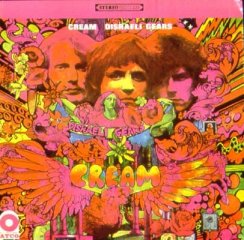
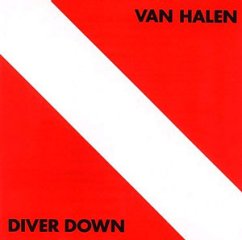
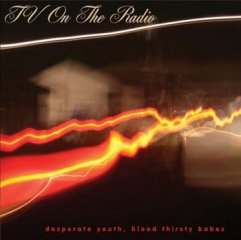




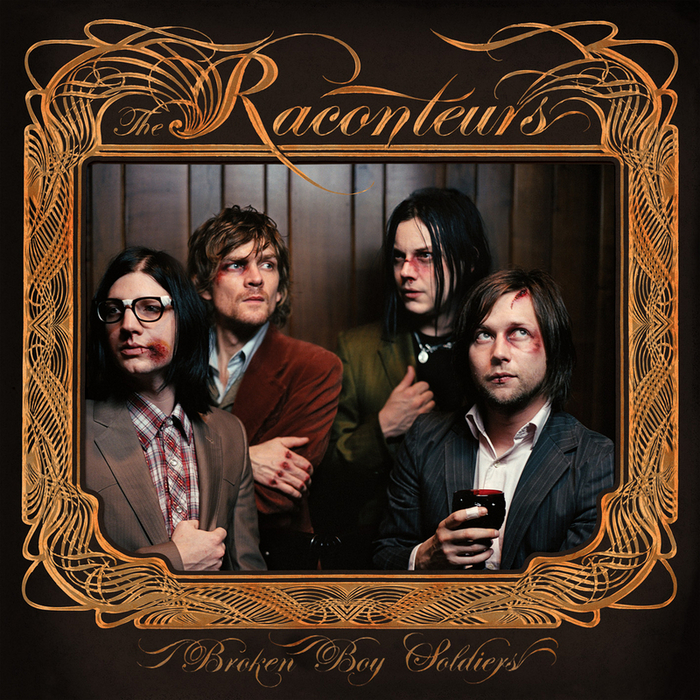
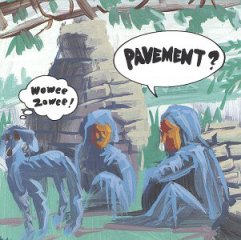





 to have in fact created Killing Joke, to have recruited guitarist Geordie and bassist Youth into the band as founding members, through the influence of Rosicrucian ritual magic. He claims to be a member of the Order of the Golden Dawn.
to have in fact created Killing Joke, to have recruited guitarist Geordie and bassist Youth into the band as founding members, through the influence of Rosicrucian ritual magic. He claims to be a member of the Order of the Golden Dawn.
 I've never been a comic book kind of guy, and the internet codices of the Marvel universe seem at least to this surfer even more indecipherable than those of the hermetic. However, it seems to me that the hawkheaded man might be Horus, the same Egyptian deity whose Eye is reimagined as the Eye of Providence on the back of that one dollar bill on the sleeve. But be careful of that brighter day, though: it might be the one for which Timbuk 3 suggests you wear shades.
I've never been a comic book kind of guy, and the internet codices of the Marvel universe seem at least to this surfer even more indecipherable than those of the hermetic. However, it seems to me that the hawkheaded man might be Horus, the same Egyptian deity whose Eye is reimagined as the Eye of Providence on the back of that one dollar bill on the sleeve. But be careful of that brighter day, though: it might be the one for which Timbuk 3 suggests you wear shades. 













